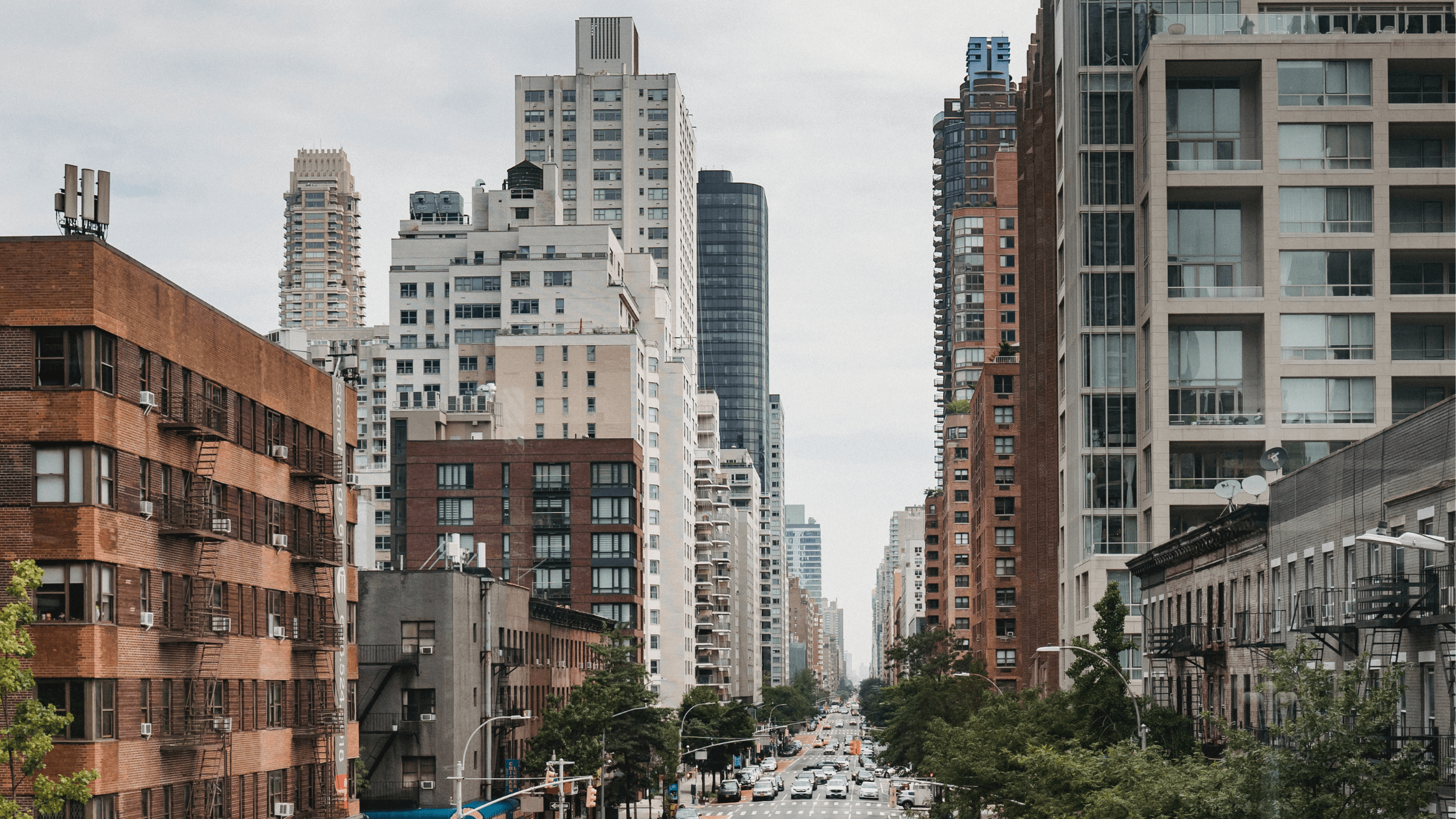Introduction
In a bid to encourage the decarbonization of buildings and reduce carbon emissions in New York City, landlords may now have the opportunity to receive a two-year break on Local Law 97 penalties. This break is contingent upon their ability to demonstrate a ‘good faith’ effort in their decarbonization endeavors. Let’s delve into the details of this development and explore its implications for building owners.
Understanding Local Law 97
Local Law 97, enacted in 2019, is part of New York City’s aggressive Climate Mobilization Act. It sets stringent carbon emission limits for large and mid-sized buildings in the city. Under this law, buildings exceeding the specified emissions caps will face significant penalties and fines.
The Incentive of a Two-Year Break
According to recent reports, building owners who can prove a ‘good faith’ effort to reduce their carbon emissions may be eligible for a two-year break on Local Law 97 penalties. This incentive aims to provide owners with additional time to meet the carbon emission caps set by the law.
Demonstrating ‘Good Faith’ Efforts
To qualify for the penalty break, landlords must demonstrate their commitment to decarbonization through tangible efforts. This could include implementing energy-efficient measures, adopting renewable energy sources, or investing in sustainable building practices. The idea behind this provision is to reward proactive property owners who are actively working towards reducing carbon emissions.
Implications and Benefits
The introduction of this two-year penalty break for ‘good faith’ efforts carries several implications and benefits. Firstly, it provides a breathing space for landlords who may be struggling to meet the initial deadlines imposed by Local Law 97. This extra time allows them to make necessary adjustments and investments in their properties to achieve the required emission reductions.
Secondly, the incentive creates a positive feedback loop as it promotes further investment in sustainable practices. Landlords who seize this opportunity can not only avoid penalties but also gain a competitive advantage in the market. Tenants and potential buyers are increasingly prioritizing eco-friendly buildings, making sustainability efforts a valuable asset.
Conclusion
The recent development of landlords potentially receiving a two-year break on Local Law 97 penalties is a significant step towards promoting decarbonization efforts in New York City. By rewarding ‘good faith’ efforts, the city aims to encourage landlords to proactively participate in reducing carbon emissions, ultimately contributing to a greener and more sustainable future.
Sources: AM New York, PoliticsNY

